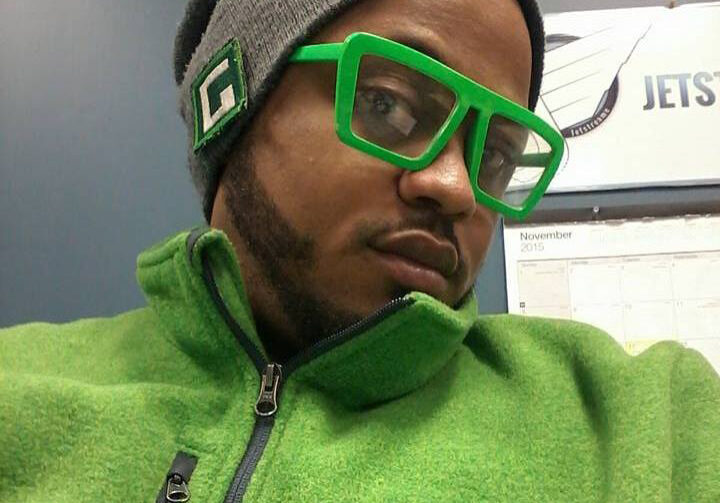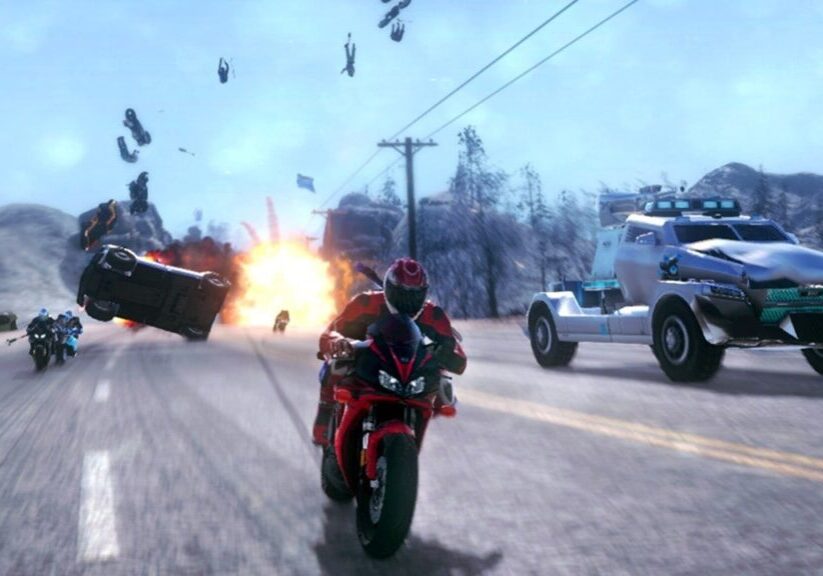Baton Rouge-based game developer Pixel Dash Studios has taken its popular game “Road Redemption” to the three major gaming consoles, opening up the motorcycle-combat PC hit to a new audience around the world.
The game, which began several years ago as a crowdfunded project inspired by the 1990s game “Road Rash,” is available in digital form for the Nintendo Switch, Microsoft Xbox and Sony PlayStation.
“That was our goal from the beginning, to be on console,” says co-founder Jason Tate. “It’s been huge for us.”
A Crazy Ride to Success
Tate and Evan Smith launched the company in 2009 with a single desk at the Louisiana Technology Park, focusing primarily on projects for other companies as they gradually built their business and set the stage for a more ambitious future.
In 2012 the developers turned to Kickstarter to finance the project in which players race motorcycles while fighting off other racers with an assortment of weapons. The fundraising campaign for the game tapped into nostalgia for “Road Rash,” eventually raising more than $180,000 from more than 4,400 backers.
The company delivered on its Kickstarter promise in 2014, releasing an early version of “Road Redemption” on the video-game marketplace Steam and drawing critical acclaim. The game, which lets players guide a motorcycle gang on an epic journey across the country, went on to sell well over 100,000 copies. They released a full version in 2017.
New Ways to Play
As the success of the PC version grew, the company started approaching publishing companies about porting the title to consoles, eventually striking a deal with Tripwire Interactive, which had primarily published its own games but was looking to step into third-party games.
“They really liked our game and wanted to use it as one of the games to get their third-party publishing started,” Tate says. “The popularity of the PC version and the number of sales we’ve had was the biggest reason.”
First, the company had to adjust the game to meet the different technical requirements and standards for the three consoles — implementing a voice-chat feature for the Xbox, for example. “It’s a much more rigorous process for getting on each platform,” Tate says.
They also had to market the title, which Tripwire did through media coverage and trade shows, as well as advertisements on gaming sites and console marketplaces. The game was finally released on PlayStation and Switch in November, then on Xbox in December. Physical retail copies and a mobile version are also in the works, Tate says.
“It’s the culmination of everything we’ve been working for when we first started this project in 2013,” he says. “Now to be finally released on all the console platforms is a really big accomplishment for us. We’re very excited.”



